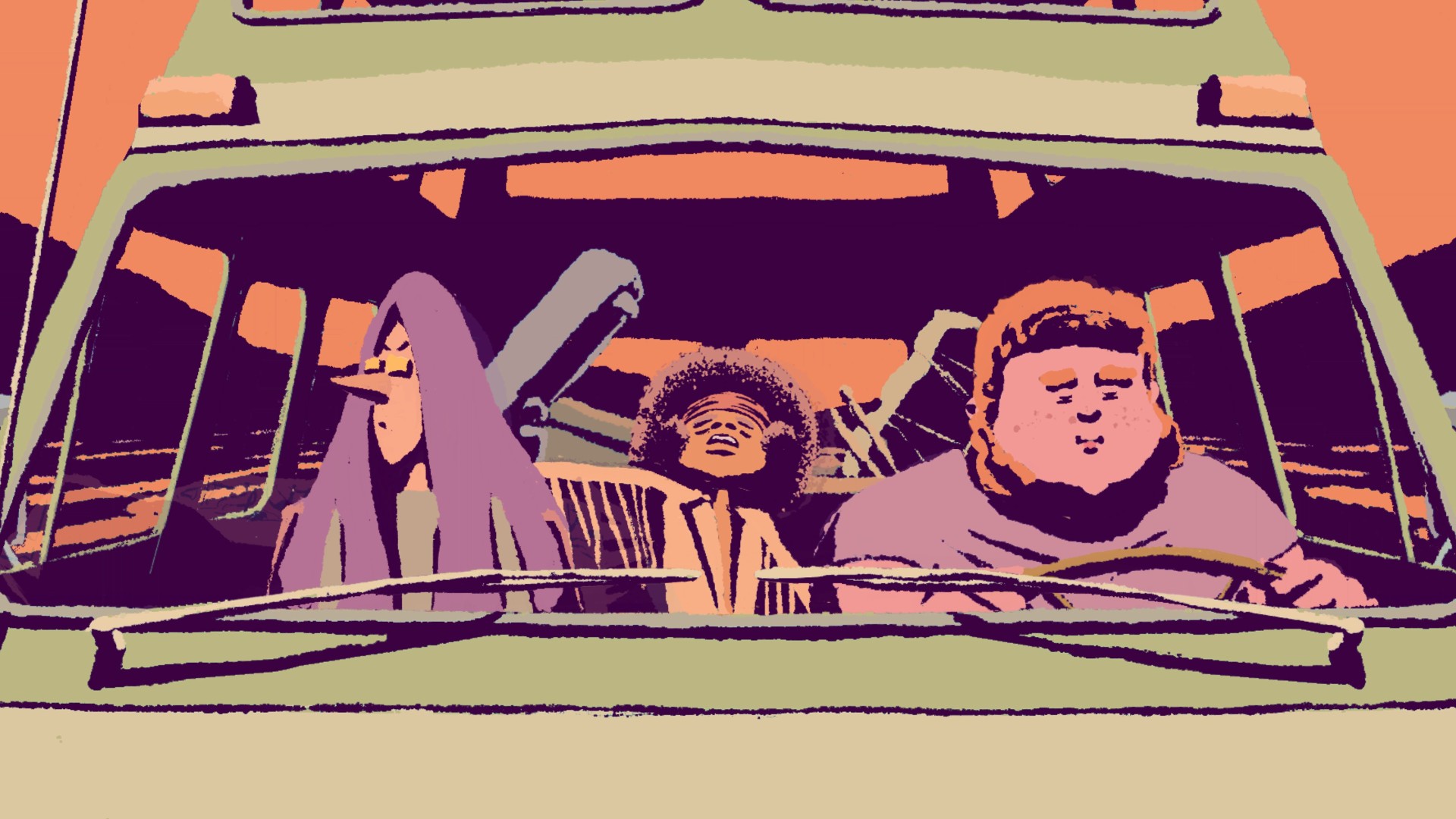ETAO PODCAST, EPISODE 115.
A Musical Story takes place in the mind of a musician, and it also takes place in an era when rock as a wide-open experimental space, and the album was the thing, and every album was in some sense a concept album. The game is likewise an experiment in telling a story—here a wordless, internal, emotionally raw one. It’s a work about how music relates to memory, and what both music and memory mean, individually and in combination.
In this interview, Charles Bardin talks about A Musical Story both as a game and as a larger art project—and about his longstanding love for 70s rock, his soundtracking work on other games like Overloop and Stellar Overload, and the undersung genius of the Rhythm Heaven games.

You can wishlist A Musical Story, and play the demo, on Steam.
And you can wishlist Overloop on Steam too.
You can hear a bunch of Charles’ music on his website.
You can also follow the team, and the game on Twitter.
———
• After Bit is a wonderful channel across the board if you’re a French-speaker—and if you’re not, then hey, there are English subtitles on their excellent Fez video.
• Game Maker’s Tool Kit did a fine essay on what Charles refers to as “the Nintendo way.”
• You can, if you’re so inclined, check out the When This Ends on Bandcamp.
———
“All The People Say (Season 4)” by Drew Messinger-Michaels.
“Dream When You Can’t” from the Overloop soundtrack by Charles Bardin.
“Pinewood, Here We Come” and “Back on Tracks” from the A Musical Story soundtrack by Charles Bardin and Valentin Ducloux.
We’re on Apple Podcasts, Google Podcasts, Stitcher, Amazon Music, Spotify, PocketCasts, Podyssey, and everywhere else. You can also subscribe using good old-fashioned RSS.
Logo by Aaron Perry-Zucker, using Icons by by Llisole, Dávid Gladiš, Atif Arshad, Daniel Nochta, Mike Rowe, Jakub Čaja, Raji Purcell and IconsGhost from the Noun Project.